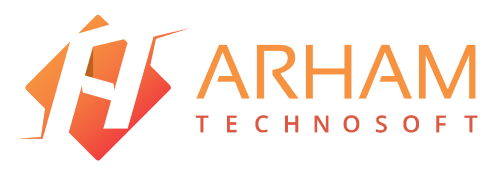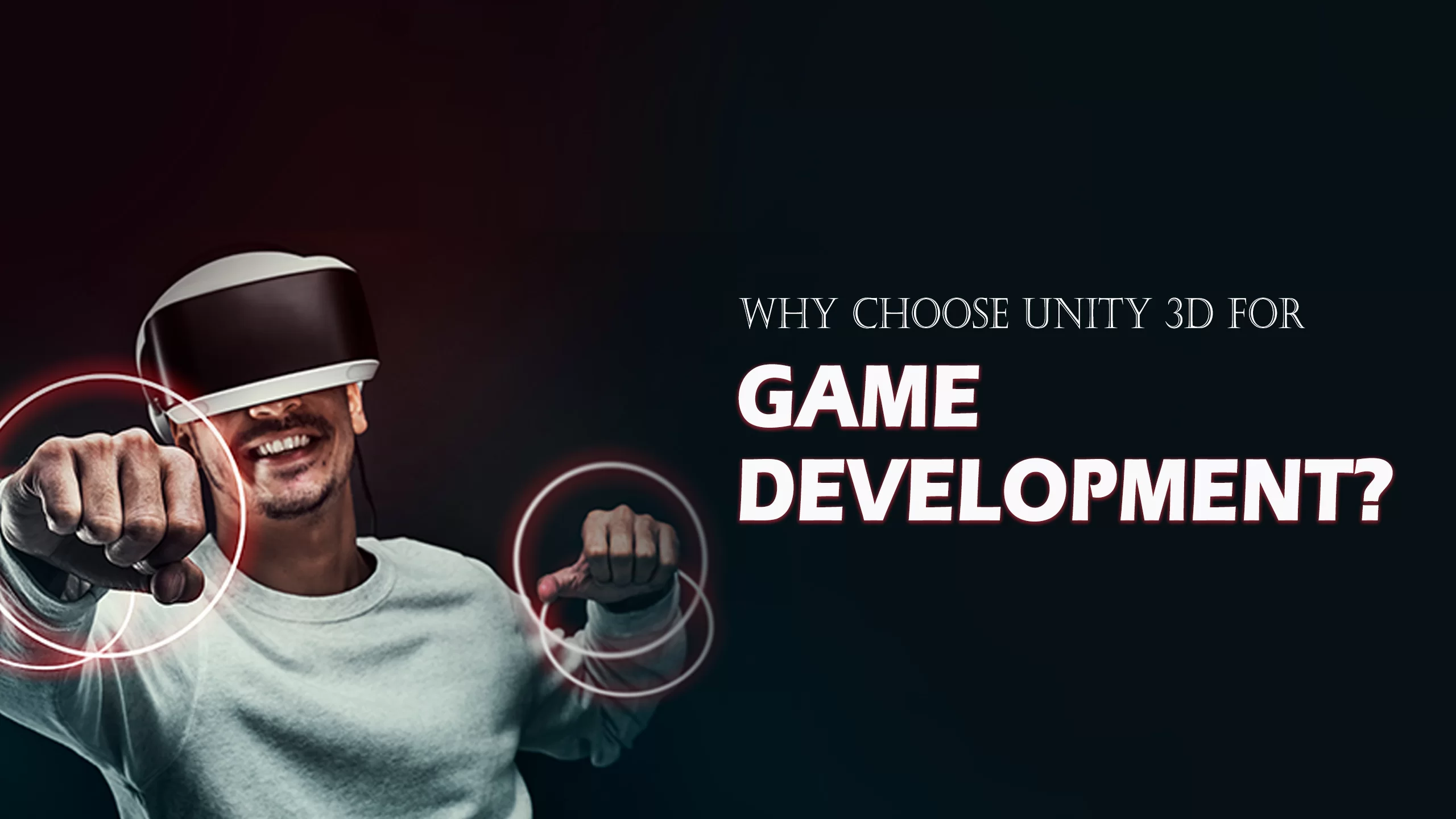A Brief Introduction to Unity:
Unity 3D is a popular and widely used game development engine that has gained significant recognition in the industry. Developed by Unity Technologies, it provides a robust framework and a wide range of tools and features for creating games across multiple platforms. Since its release in 2005, Unity has grown in popularity and has become a go-to choice for both indie developers and large game studios.
Statistical Information about Unity:
Here are some key statistical facts about Unity that highlight its dominance in the game development industry:
Market Share
Unity holds a significant market share in the game engine industry, with estimates ranging from 45% to 50%, making it one of the most widely used engines globally.
User Base
Unity has a massive and active user base, with millions of registered developers worldwide. This vibrant community provides valuable resources, support, and collaboration opportunities for developers.
Platform Reach
Unity supports more than 25 platforms, including major operating systems like Windows, macOS, iOS, Android, and popular gaming consoles such as PlayStation, Xbox, and Nintendo Switch. It also supports emerging technologies like virtual reality (VR) and augmented reality (AR).
Successful Games
Numerous successful games have been developed using Unity, including renowned titles like Pokémon Go, Hearthstone, Among Us, Cuphead, and Ori and the Blind Forest.
Key Benefits of Using Unity for Game Development:
Cross-Platform Development
Unity allows developers to create games that can be deployed across multiple platforms, saving time and effort in porting games to different systems. Its robust engine ensures consistent performance across various devices and operating systems.
User-Friendly Interface
Unity’s intuitive interface and easy-to-use tools make it accessible to developers of all skill levels. It provides a visual editor, a vast library of pre-built assets, and a wide range of documentation and tutorials, allowing developers to quickly learn and navigate the engine.
Extensive Asset Store
Unity’s Asset Store offers a vast collection of ready-to-use assets, including 3D models, audio clips, scripts, and more. This marketplace provides developers with a convenient way to enhance their games and accelerate the development process.
Powerful Engine Features
Unity offers a powerful engine with advanced features such as real-time rendering, physics simulation, and lighting effects. It supports both 2D and 3D game development and provides tools for animation, particle effects, and audio integration.
Active Community and Support
Unity has a large and active community of developers who actively contribute to forums, online tutorials, and resources. This community-driven approach ensures access to support, collaboration, and learning opportunities.
What are the Limitations of Unity Game Engine?
Performance Optimization
Unity’s ease of use and flexibility can sometimes lead to performance issues if not optimized correctly. Developers need to pay attention to optimization techniques to ensure smooth gameplay and efficient resource management.Mobile Performance
While Unity supports mobile platforms, it may require additional optimization for performance-critical mobile games. Mobile devices have limited resources compared to desktop platforms, so careful consideration is necessary for optimal performance.Learning Curve for Advanced Features
While Unity’s core features are relatively easy to learn, mastering more advanced features and functionalities may require additional time and effort. Developers may need to invest in further learning or seek specialized expertise for complex game mechanics.
How Can Arham Technosoft Help You with Game Development in UNITY 3D?
Arham Technosoft is a professional game development company that specializes in Unity game development. Our team of experienced developers and designers can assist you throughout the game development process, from concept design to deployment. With a deep understanding of Unity’s capabilities and best practices, we can help you create engaging and immersive games tailored to your specific requirements. Our expertise extends to various genres, including 2D and 3D games, multiplayer functionality, AR/VR integration, and more. Whether you need assistance with game design, programming, artwork, or quality assurance, Arham Technosoft can be your trusted partner in bringing your game ideas to life.
Conclusion:
Choosing the right game engine is crucial for the success of your game development project. Unity 3D stands out as a leading choice due to its cross-platform capabilities, user-friendly interface, extensive asset store, powerful engine features, and active community support. While it has certain limitations, these can be overcome with proper optimization and expertise. With the assistance of a professional game development company like Arham Technosoft, you can leverage Unity’s strengths and create compelling, high-quality games that captivate and entertain players.
FAQs on Unity 3D:
Unity offers both free and paid versions. The Unity Personal edition is free for individuals and small businesses, while the Unity Plus and Unity Pro versions offer additional features and benefits at a cost.
Yes, Unity games can be published on popular mobile app stores like the Apple App Store and Google Play Store. Unity provides seamless integration and export options for mobile platforms.
Yes, Unity provides built-in tools and features for developing multiplayer games. Developers can utilize Unity’s networking capabilities or integrate third-party plugins for multiplayer functionality.
Yes, Unity has robust support for VR and AR development. It provides specialized tools, APIs, and integration options for creating immersive VR and AR experiences.
Yes, Unity offers extensive support for 2D game development. It provides dedicated tools, physics systems, and sprite management features specifically designed for creating 2D games.
Unity primarily uses C# as its scripting language. It also supports JavaScript (UnityScript) for older versions, but C# is the recommended language for Unity development.
Yes, Unity offers built-in networking capabilities for developing multiplayer games. It provides features for creating both local multiplayer and online multiplayer experiences.
Unity has excellent support for console platforms, including PlayStation, Xbox, and Nintendo Switch. It provides the necessary tools and resources to develop games for these platforms.
Yes, Unity caters to the needs of both indie developers and larger game studios. Its versatility, flexibility, and scalability make it an ideal choice for projects of all sizes.
Absolutely! Unity allows you to deploy your games to various platforms, including desktop computers, mobile devices, consoles, VR/AR platforms, and even web browsers. Its cross-platform capabilities save development time and effort.
The cost of Unity 3D game development can range from a few thousand dollars for a simple indie game to several hundred thousand dollars or more for a complex, high-quality commercial game, depending on the scope and requirements of the project.


